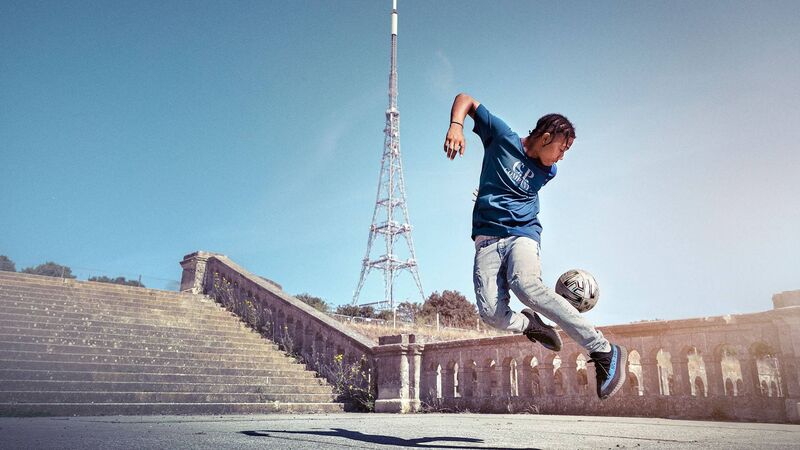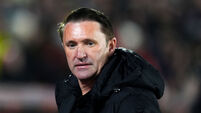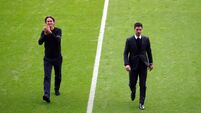Graham Cummins: Will I become a pushy parent on the touchline? Hopefully not

Football Dreams: The Academy goes behind the scenes at Crystal Palace.
It’s often debated; how much involvement is too much when it comes to parents and their children in sport? It is a difficult question to answer. Parents want the best for their children. Everything a parent does is for the right reason.
But parents are often criticised for the way they behave on a sideline when their child is on the pitch. Some are labelled ‘pushy’ or judged for heaping too much pressure on their child. In some cases, encouragement is doing more harm than good.












